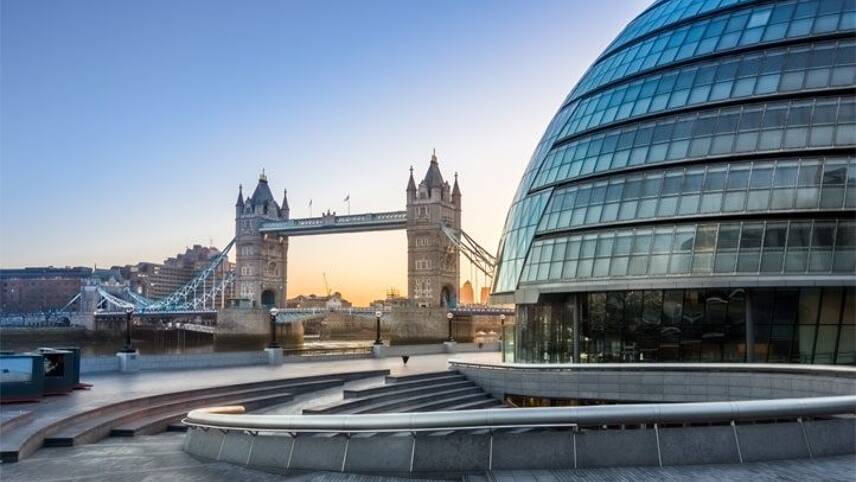Register for free and continue reading
Join our growing army of changemakers and get unlimited access to our premium content

The NIC calls for accelerated efforts on building energy efficiency and planning application speed ups
The measures are part of a new package dubbed the ‘retrofit revolution’, unveiled today (2 June) by Mayor of London Sadiq Khan.
The Centre of Excellence is being created with funding from the Department for Business, Energy & Industrial Strategy (BEIS), which has chosen the capital as the location following consultations. The centre will help social housing providers gain access to funding for major retrofitting projects, after such organisations expressed difficulty with identifying appropriate schemes and crafting successful applications. This includes access to the next round of the £160m Social Housing Decarbonisation Fund.
City Hall has not yet announced where the centre will be based or when it is likely to begin operations. The Centre will build on the work of the Retrofit Accelerator, which covers homes built by private companies as well as social housing.
The partnership deal, meanwhile, is called the Innovation Partnership and will begin operating this year. The scheme will connect social housing providers, builders and technology installers so that they can co-develop and co-deliver large-scale retrofitting programmes. City Hall estimates that it could unlock a pipeline of £10bn in retrofitting works, which could support some 150,000 jobs, this decade. At least £5bn of this is expected to be spent in London, but the partnership is open to organisations across the UK.
Also included in Khan’s ‘retrofit revolution’ package is a new scheme to help Londoners learn more about solar technologies and access the support they need to enter the sector. Called ‘Solar Skills London’, the scheme is being delivered in partnership with trade body Solar Energy UK. Apprenticeships focusing on solar and battery storage, electric vehicle charging and related smart technologies will begin this year, as will a related placement programme involving up to 100 solar installation companies.
“A strong economic recovery from Covid-19 and a green recovery are not mutually exclusive,” Khan said.
“This transformative approach to retrofit will directly help those living in ageing, energy-inefficient homes and could play a vital role in cutting energy bills and tackling fuel poverty. It will also support Londoners with the skills they need for jobs in the green economy, rebuilding our city post-Covi-19 so that it’s cleaner, greener and fairer.”
Green New Deal
London’s overarching climate ambition is to reach net-zero by 2030 – two decades ahead of the UK’s national legal deadline. The vision forms part of a Green New Deal framework.
Khan had originally set a 2050 net-zero deadline, before the national target was set, but brought this forward in recognition of the capital’s contribution to national annual emissions and its ability to act as a hub for sectors including solar and green finance. Indeed, London has repeatedly been named by CDP as a climate ‘A-list’ city.
With housing and business buildings responsible for 78% of the capital’s annual operational emissions, and with London experiencing the third-highest level of fuel poverty in the country, it is clear to see why the built environment is the focus of the new schemes. A ‘Zero-Carbon Home’ standard was introduced in 2016 and mandates all new build homes to reach net-zero operational emissions by 2025, but most of the buildings which will be standing in the capital in 2030 already exist.
The announcement from Khan comes as BEIS prepares to publish its highly anticipated Heat and Buildings Strategy. The publication was originally due last autumn, but was pushed back due to Covid-19 and to give civil servants time to merge the two strategies into one.
Groups across the green economy are eagerly awaiting news of a replacement for the Green Homes Grant scheme, which could well be included in the Strategy. The majority of the Scheme’s £2bn funding pot was withdrawn earlier this year and the scheme was then closed at short notice in March, in a move that proved almost universally unpopular across the green economy. Less than 10% of the promised vouchers were ultimately issued. Many would like to see a longer-term scheme with better support for the skills pipeline.
Sarah George


Please login or Register to leave a comment.